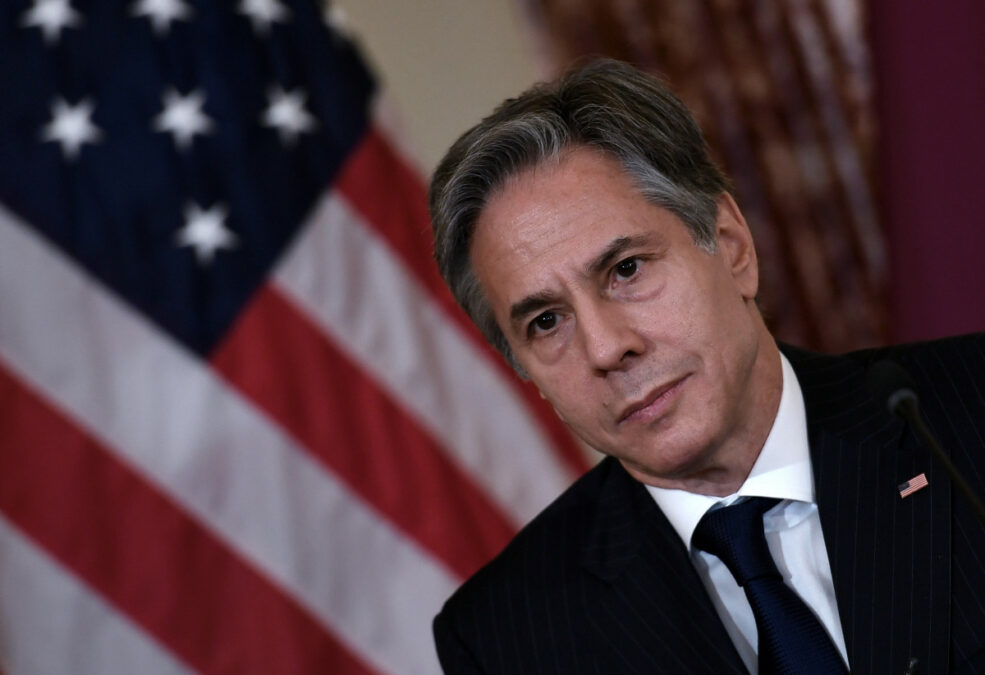BEIJING, China— US Secretary of State Antony J. Blinken has voiced support for China’s role as a peacemaker in the Middle East peace process. Terming it a good thing, he said “we support it.”
He said there was the possibility of reducing tensions between Iran and Saudi Arabia because of the agreement that China brokered.
Blinken, toward the end of his visit to China, gave an interview shared by the US Department of State with TRENDS. He touched on many subjects, including the US-China relations that have gone downhill with accusations and counter accusations from both sides hurting the trade relations and impacting international political equations. He met with Chinese officials on Saturday and Sunday, including President Xi Jinping.
Excerpts
China is making bold moves in the Middle East – with brokering peace deal between Saudi Arabia and Iran or offering to resolve Israel-Palestinian issue. Is China replacing the US as global mediator, especially when you look at places like the Middle East?
AJB: Well, I was just in the Middle East, in fact, in Saudi Arabia. And while I was there, I met with not just the Saudis but the – all the membership of the Gulf Cooperation Council, and then a much broader coalition of countries that have come together years ago to deal with the threat posed by ISIS. And what I can report from that is that the United States remains, far and away, the preferred partner for virtually all of these countries.
At the same time, if China takes initiatives that actually help solve problems and advance peace, that’s a good thing, and we support it. That they hosted the final round of discussions between Iran and Saudi Arabia that had been going on for two years, and the result was an agreement that at least has the possibility of reducing tensions between them and solving one of the problems, one of the many problems, that Iran poses. If China can play a constructive role in – when the time is right – finding a just and durable peace in Ukraine and ending the Russian aggression, that would be a good thing.
And we’ve applauded some of the – some parts of the peace principles that they put out – very consistent with our own, particularly when it comes to protecting Ukraine’s territorial integrity and sovereignty. It’s good, helpful, important, for significant countries like China to engage in ways that produce positive results. That’s one of the things that I also shared with them.
But it’s also important – more than important – that if they’re engaged in these efforts, they are toward good and appropriate ends. So, when it comes to Ukraine, it’s not enough to have – just to have a peace. It has to be just and durable. It actually has to reflect the principles at the heart of the United Nations Charter, like territorial integrity and sovereignty. And it has to help ensure that Russia can’t simply repeat the exercise two or three years later. So, it’s very useful here again for us to be able to talk clearly, directly, and in some detail about what the objectives should be and to see if we’re in the same place on it.

Secretary Blinken, how would you sum up the first visit by a top US diplomat to Beijing in five years?
AJB: Keeping those lines of communication open and in effect reopening them is in and of itself very, very important. Direct engagement – sustained communications at senior levels – is the best way to responsibly manage our relationship. It’s the best way to responsibly manage the differences, the deep differences that we have, to make sure that the competition that we’re in doesn’t veer into conflict.
Click here to read the full interview of US Secretary of State Antony Blinken








